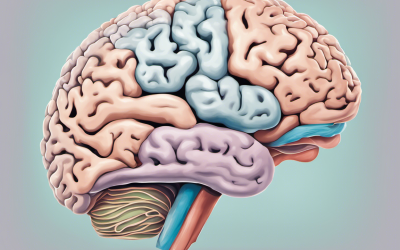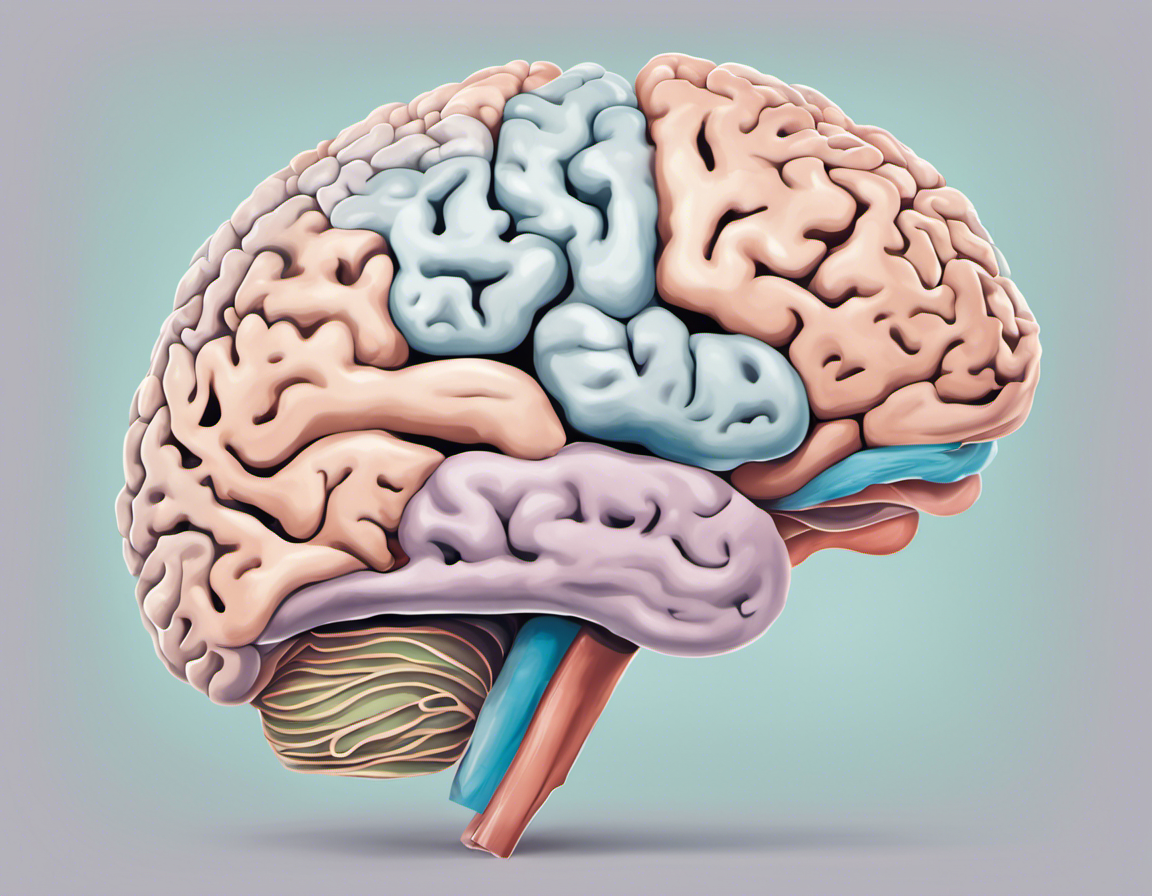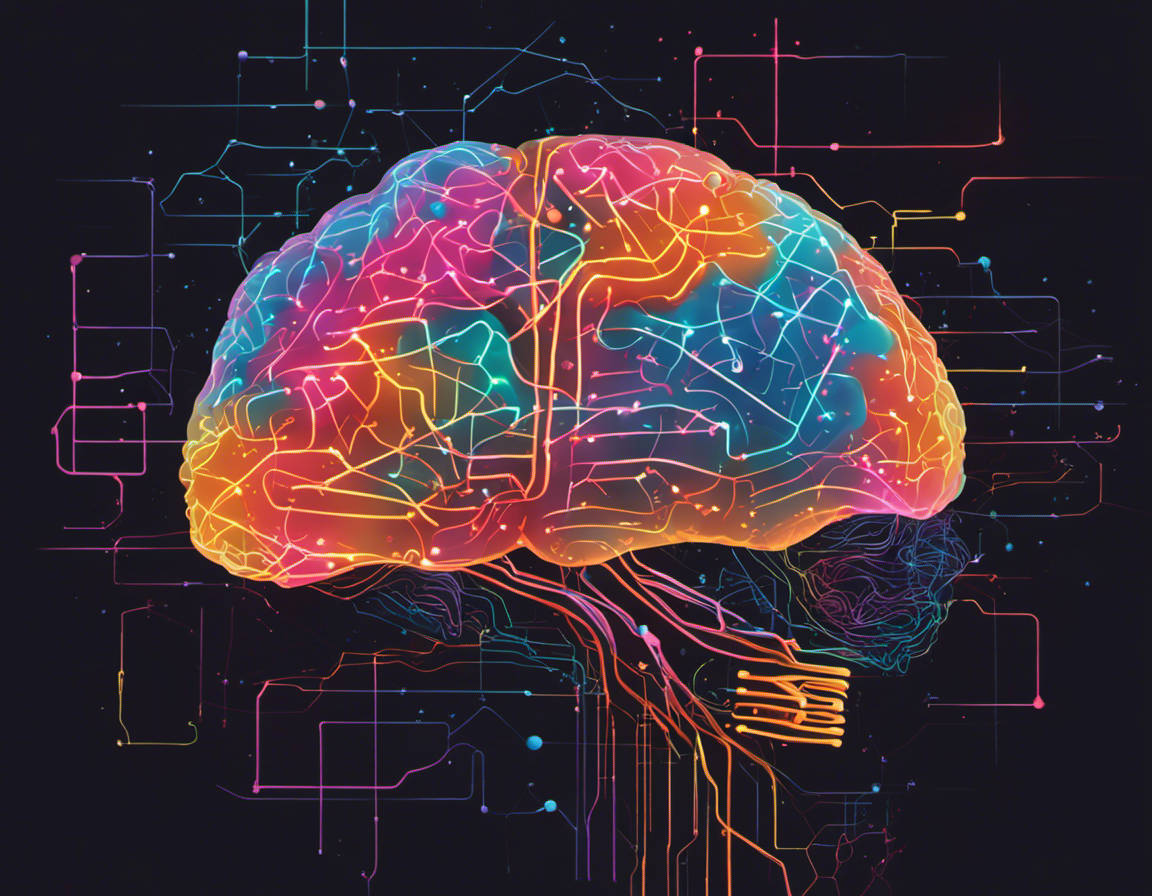Unraveling ADHD: The Deep Impact on Emotional Regulation

In a world that often champions attentiveness and emotional stability, understanding ADHD and the related challenges of emotional dysregulation becomes crucial. Have you ever considered how unsettling it may be not to have mastery over your impulses or how often you might find yourself in a spiraling churn of emotions? For individuals living with Attention-Deficit/Hyperactivity Disorder (ADHD), this is a daily reality.
ADHD is more than just bouts of inattentiveness or hyperactivity—it’s a complex neurodevelopmental disorder that drastically impacts executive functioning abilities—which affects attention impulsivity, essentially steering one’s ability to regulate emotions. This article takes you deep into the dynamics of ADHD and its underexplored yet profound impact on emotional regulation.
As we venture into this exploration, we’ll unravel why emotional dysregulation—difficulties in managing emotional responses appropriately—is almost an unsung nemesis for those with ADHD. You’ll journey with us through the maze of intricacies that make recognizing emotional dysregulation in ADHD a challenging task.
Further, we’ll delve into various factors contributing to emotional dysregulation in individuals with ADHD, from societal elements to genetic influences—there’s an intricate blend at play here. As is the case with any condition, understanding its impact on quality of life is vital—in this context, we’ll explore how emotional dysregulation can significantly hinder the well-being of those affected.
By the end of this journey, you’ll have comprehensively expanded your knowledge horizon about ADHD beyond mere hyperactivity or attention deficits—you’ll understand how it intricately influences emotional regulation and the resultant paradigms for those living with it. So, let’s begin this knowledge expedition into unraveling ADHD and its profound impact on emotional regulation.
Understanding ADHD and Emotional Regulation
ADHD, or Attention-Deficit/Hyperactivity Disorder, is a neurological condition recognized by persistent patterns of inattention, impulsivity, and hyperactivity. Grasping the role that emotional regulation plays in ADHD is paramount to comprehend the way this disorder affects people’s lives.
What is ADHD
ADHD is identified by traits that include trouble focusing, hyperactive behavior, and acting impulsively. This neurodevelopmental disorder typically emerges during childhood and can have lasting effects into adulthood. It’s essential to realize that ADHD is not merely idle or mischievous behavior; instead, it’s a legitimate medical condition that considerably affects the quality of life of the affected individuals.
The role of attention, impulsivity, and executive functioning in ADHD
The key facets of ADHD include significant issues with attention span, an exceedingly high level of activity (hyperactivity), and acting without contemplation (impulsivity). Individuals with ADHD often find it challenging to concentrate on a specific task for extended periods, negatively affecting varying aspects of daily life. Furthermore, hyperactivity may manifest as restlessness or fidgeting, while impulsivity can lead to rash decision-making. Executive functions such as planning, organizing, focusing attention, remembering instructions, and managing time efficiently are often troublesome for those with ADHD.
What is Emotional Dysregulation?
Emotional dysregulation refers to an individual’s inability to manage emotional responses appropriately or effectively within their societal context. It may involve frequent and drastic mood swings, overly intense emotional reactions to situations that seem insignificant to others, or problems returning to a baseline emotional state after an upsetting event or situation has occurred.
How ADHD Affects Emotional Regulation
The presence of ADHD complicates the landscape of emotional regulation for many individuals. ADHD can exacerbate difficulties in controlling emotions due to its impact on executive functions like inhibitory control that are instrumental for emotion regulation. ADHD, through its inherent impulsivity and inattention symptoms, often leads to emotional dysregulation like quick-temperedness or outbursts, frustration, and feelings of disappointment or dissatisfaction.
The link between ADHD and emotional regulation problems is crucial to consider for effectively managing the disorder. As we delve deeper into understanding this connection, we heighten the prospect of formulating more comprehensive and inclusive therapeutic strategies that address attention deficits and emotional dysregulation. Additionally, acknowledging these challenges aids in fostering empathy and eliminating stigmatization associated with ADHD.
Emotional Dysregulation in people with ADHD
Individuals diagnosed with Attention-Deficit/Hyperactivity Disorder (ADHD) routinely grapple with emotional regulation issues alongside their well-documented attention and impulsivity difficulties. Once regarded as peripheral symptoms of the disorder, these emotional irregularities are receiving their due attention now. Such a shift in perspective has highlighted the profound connections between ADHD and emotional dysregulation. It has led to growing recognition that this inability to manage feelings and responses to specific situations is not merely an ancillary symptom of ADHD but a primary manifestation of it.
Recognizing Emotional Dysregulation in ADHD
When it comes to acknowledging emotional dysregulation among individuals with ADHD, understanding the signs and symptoms becomes essential. These might range from sudden mood swings and exaggerated emotional reactions to seemingly minor triggers to having trouble returning to a calm state after experiencing an upsetting event or circumstances. The connections between ADHD and emotional dysregulation are critical, reflected in symptoms such as short tempers or outbursts, frustration, dissatisfaction, or even self-directed disappointment.
Factors that contribute to Emotional Dysregulation in ADHD
Various dynamics contribute to emotional dysregulation experienced by those with ADHD. Genetic factors come into play, and societal elements can affect how these individuals react emotionally. The neurodevelopmental nature of ADHD adds further complexity, impacting executive functioning abilities that are fundamental for emotion regulation, like inhibitory control. The disorder’s inherent impulsivity and inattention, difficult-to-ignore components amplify these problems. What’s more, societal expectations and the individual’s capacity or methods for handling emotions often do not align – leading to feelings of frustration for those with ADHD.
The impact of Emotional Dysregulation on Quality of Life
Emotional dysregulation doesn’t just affect an individual’s emotional status quo; it considerably impacts their overall quality of life. For individuals diagnosed with ADHD, issues spinning from unchecked mood swings to unmanaged emotional responses can infiltrate diverse areas of daily living. They might affect relationships, work productivity, and the ability to tackle day-to-day tasks largely taken for granted by those without the disorder. So it’s clear: not only does this emotional dysregulation significantly impede the affected individuals’ well-being, but it also unleashes ripple effects on all aspects of their lives. Be it personal relationships, professional growth or overall happiness – the pervasive influence of emotional dysregulation in ADHD can be far-reaching and enduring.
Conclusion
Emphasizing the crucial need for understanding and addressing ADHD in a society that heavily values attention and emotional stability, this article shone a light on a less-explored aspect of the condition – emotional dysregulation. We’ve explored how ADHD breaches beyond the realms of hyperactivity and attention deficits, reaching into one’s capacity to regulate emotions.
With contributors ranging from societal elements to genetic factors, emotional dysregulation poses a substantial barrier to the well-being of those affected. Expressing the essence of this profound influence brings us one step closer to promoting a comprehensive understanding of ADHD that transcends stereotypes and misconceptions. Recognizing the impacts of emotional dysregulation warrants immediate attention and should be further explored to better support those living with ADHD.





